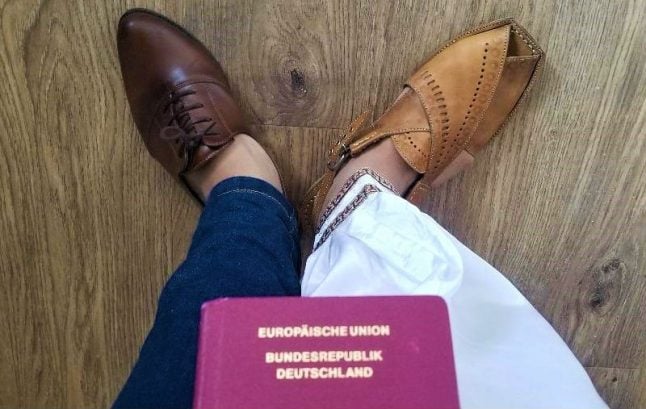Colonel Sher Khan, a Pakistani mountaineering expert who is close to the military’s rescue team, said bad weather was hampering the helicopter flights.
“I am in touch with the pilots, they told me they are ready with equipment and porters but the weather is very bad and the helicopters can not take off,” Khan told AFP.
The climbers went missing four days ago, after setting off on their final assault of Gasherbrum-1, the 8,048 metre high peak in the Karakoram range, also known as “Hidden Peak”.
“There is no word” from the team leader Gerfried Goschl of Austria, Swiss climber Cedric Hahlen and a Pakistani high altitude porter Nisar Hussain, said Mohammad Ali, spokesman for the tour operator, Adventure Pakistan.
“I hope and pray they are safe,” Ali told AFP.
The missing climbers were members of the Austrian winter expedition team, Ali said. On Friday at around 8am they left their camp located at some 7,000 metres, and began their ascent to Gasherbrum-1.
There has been no contact with the climbers since this time.
“I think they did not reach the summit,” Khan said, who scaled Mount Everest in 1997. “Strong winds may have blown them away. I am saying this on the basis of my experience.”
The climbers had taken a new route from the south-western ridge, while another group from Poland had already succeeded via the normal northern route, he said.
However, Khan added that the Polish climbers were at base camp and suffering from severe frost bite. “They have to be evacuated as soon as the weather improves,” he said.




 Please whitelist us to continue reading.
Please whitelist us to continue reading.
Member comments